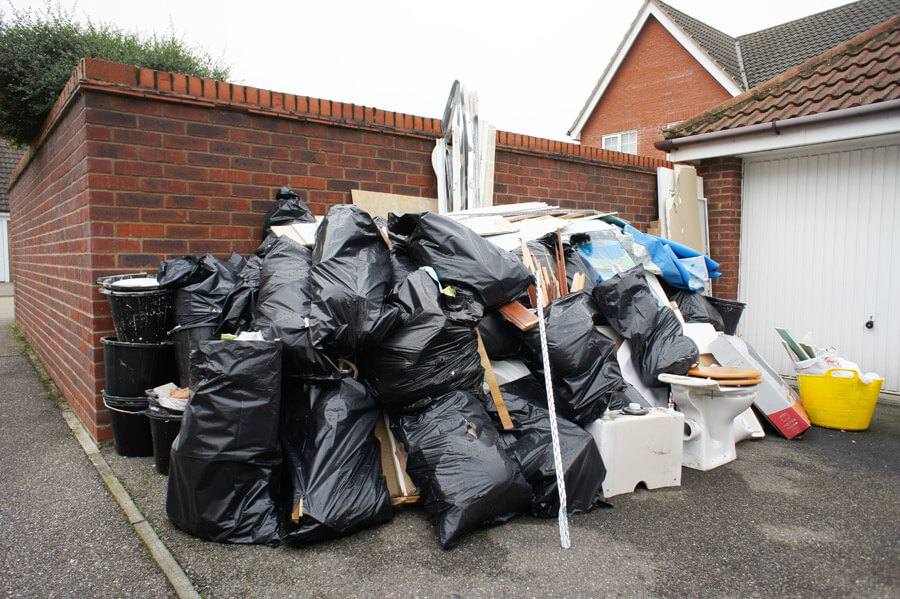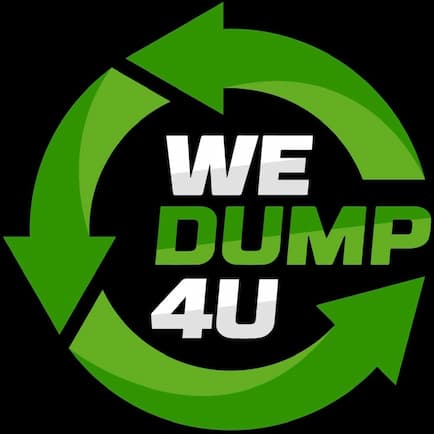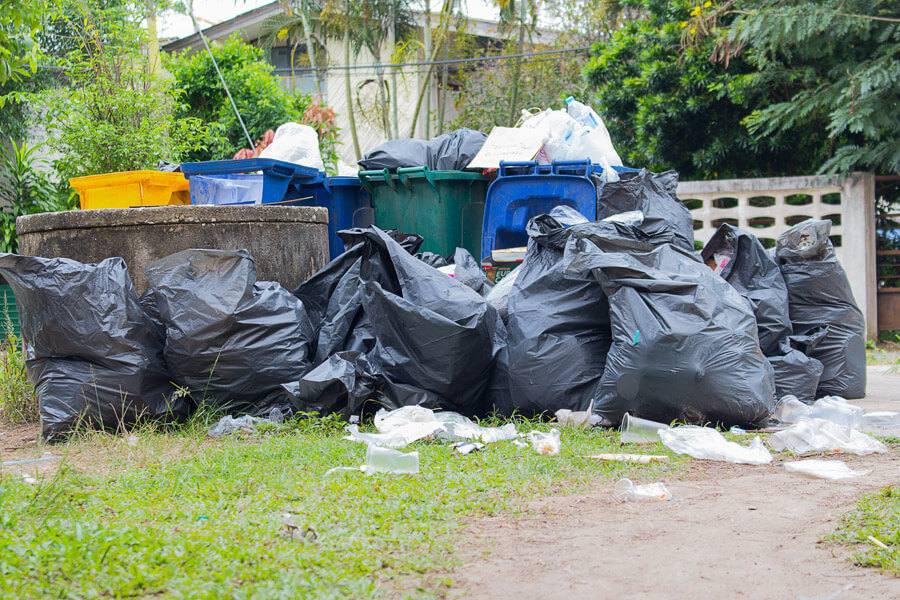Winter can present unique challenges when it comes to waste removal. Cold weather, snow, ice, and shorter days can complicate regular waste disposal routines. However, by following a few practical tips, you can manage your household waste efficiently and safely during the winter months. In this comprehensive guide, we’ll explore the top 5 waste removal tips for winter, ensuring your home remains clean and waste-free, even in the chilliest conditions.

1. Plan Ahead for Weather-Related Delays
Why Planning Ahead is Essential
No winter waste removal tips list can be complete without a mention of the lovely weather in the UK. In the summer it can be unpredictable at best. In the winter, we know it’s going to be miserable. The past few years, we’ve been getting snow, ice, and of course, heavy rain that can potentially disrupt waste collection schedules. Therefore, It’s crucial to stay informed and plan ahead to avoid waste build-up.
Tips for Effective Planning
- Stay Informed: Keep an eye on local weather forecasts and be sure to plan a waste removal service in advance. The last thing you want is to leave it late and not get rid of your home waste due to waste removers being fully booked during the winter months.
- Stock Up on Essentials: Consider keeping extra bin bags and storage containers on hand as precaution in case weather gets so bad you can’t get your waste removed. Unlikely in the UK as it usually rains, but there is the odd chance of heavy snow in more rural parts of the country.
- Adjust Your Routine: If you know a collection delay is likely, adjust your waste disposal routine accordingly. For example, minimise the generation of unnecessary waste by reducing the amount of packaging you use or avoiding bulk purchases that lead to more waste.
2. Protect Waste from the Elements
Why Bin Protection Matters
Winter weather can be harsh on your waste storage, leading to damage and making waste harder to handle. Additionally, snow, ice, and rain can make waste heavier, messier, and more difficult to manage, so it’s good to plan where you’re going to keep your domestic waste stored until it’s collected by a waste removal company.
Tips to Protect Your Storage and Waste
- Use Bin Liners and Lids: Ensure all storage have sturdy lids that close securely. Bin liners can add an extra layer of protection against leaks and spills, especially for organic waste, which can freeze and stick to the bins.
- Keep Storage Accessible: Place your waste storage in an accessible location that is sheltered from wind, rain and snow. Avoid placing waste or bins near slopes or icy areas to prevent accidents or bins tipping over.
- Clear Paths and Driveways: Regularly clear snow and ice from the pathways leading to your walkways, driveways and or waste storage. This makes it easier and safer for both you and the waste collectors to access the bins.
3. Be Mindful of What You’re Disposing Of
Why Selective Disposal is Important
Winter is a great time to be more conscious about what you are throwing away. Certain types of waste can become problematic in cold weather, particularly organic waste that can freeze and become stuck in storage.
Tips for Selective Disposal
- Minimise Organic Waste: Try to minimise organic waste, like food scraps, as they can freeze and adhere to the inside of bins, making them harder to empty. Consider composting food waste indoors during the winter months.
- Avoid Liquid Waste: Liquids can freeze and expand, causing bins to crack. Ensure any liquid waste is disposed of properly or kept to a minimum.
- Dispose of Electrical Waste Accordingly: Don’t leave any electrical goods outside as the harsher elements could result in leakage, and them breaking, becoming unsafe to remove.
- Separate Recyclables: Continue to separate recyclables from general waste. Winter is a great time to double down on recycling efforts, reducing the amount of waste sent to landfills and supporting environmental sustainability.
4. Utilise Professional Waste Removal Services
Why Professional Services Can Be Beneficial
Winter can make waste removal more challenging for homeowners, particularly when dealing with large amounts of waste or bulky items. Professional waste removal services can help ease this burden by providing reliable, efficient, and safe waste disposal options.
Tips for Using Professional Services
- Schedule Regular Pick-Ups: Consider scheduling regular waste removal pick-ups, especially if you have accumulated a large amount of waste during the winter. Professional services are equipped to handle waste removal in all weather conditions.
- Check for Specialised Services: Some professional waste removal companies offer specialised services during the winter, such as clearing snow-covered bins or handling hazardous waste like batteries and electronic items.
- Ask About Eco-Friendly Disposal: When selecting a waste removal service, inquire about their disposal methods to ensure they prioritise recycling and environmentally-friendly practices.
5. Take Precautions with Hazardous Waste Removal
Why Hazardous Waste Requires Special Attention
Certain types of hazardous waste, like chemicals, batteries, and electronics, require special disposal methods to prevent environmental contamination. During winter, the risk of these items causing harm increases, especially if they are exposed to freezing temperatures or water.
Tips for Safe Hazardous Waste Disposal
- Store Safely: Keep hazardous waste in a secure, dry place away from the elements. This prevents leakage, corrosion, or any accidents that could occur from exposure to water or extreme cold.
- Follow Legal Guidelines: Be aware of local regulations regarding the disposal of hazardous waste. Failing to follow these guidelines can result in fines and environmental damage.
Conclusion
Waste removal during winter in the UK requires a bit more planning and precaution than in other seasons. By following these top 5 waste removal tips—planning ahead, protecting your bins, being mindful of what you dispose of, utilising professional services, and safely handling hazardous waste—you can ensure a clean, safe, and efficient waste management process. Staying proactive and prepared will help you navigate the unique challenges winter presents, keeping your home and community cleaner and more sustainable.
By implementing these strategies, you can manage waste effectively during the winter months while contributing to a cleaner, healthier environment.


